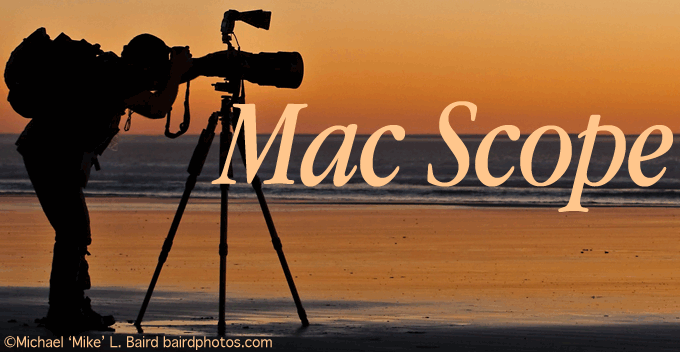2001: Mac OS X has come more or less into its own since the release of OS X 10.1. Unfortunately, the main competition, Windows XP, will also be coming into its own shortly.
It’s a bittersweet triumph that OS X is fast, stable, and oh so nice to look at. It seems that Windows XP is fast, stable, and oh so nice to look at, too.

Granted, XP appears to have “borrowed” a few Mac elements, but that’s to be expected, right? The reverse is probably also true.
The days of Apple OS supremacy seem to be long gone. Of course, the stable Unix underpinnings, gee-whiz graphics, and trademark Apple usability are nothing to sneer at, but at the consumer and business level, it just doesn’t seem to matter anymore.
To cry over spilt milk, OS X is something Apple could have used five years ago. It would have given the company a decisive lead in the OS market. Of course, we all know how Apple went from leader of the pack to the neck-and-neck with an also-ran.
One problem is the atrophying of innovation in the OS space. Clicking icons and moving files about hasn’t changed since Apple introduced the first Mac OS in 1984. Nowadays competition is pretty much made up of one company adding a new feature that is matched by another company in the next revision. No real action here, folks.
To reiterate: Equality in this space is not a good thing. For consumers, the two OSes are so close in terms of functionality, stability, and ease of use, that which company supplies it pretty much becomes a moot point.
What Apple needs now, more than ever, is to redefine the OS landscape. A new OS with enhanced features that, to everyone but the enthusiasts and propeller heads, are the same as the next guy’s just won’t cut it as the PC becomes more of a commodity.
When I say redefine the OS landscape, I mean that Apple has to come up with the next generation operating system – not an operating system you see and use today, but whatever will supersede what we see and use today. And it’s coming. Maybe not now or next year or even within the next decade, but eventually someone smarter, more visionary, and more innovative than you or I will come up with the next interface between computers and humans. With any luck, that person will be on Apple’s staff.*
Further Reading
Publisher’s note: David Schultz has a thoughtful read on the human/machine interface on Applelust. Is OS X the End of the Postmodern Mac? Part One was posted on Dec. 11 and looks at the Mac OS as the first postmodern operating system – and also explains what postmodern means. Based on his analysis, we might posit Mac OS X as an attempt to bridge the gap between modern and postmodern operating systems, or perhaps as an attempted synthesis of the concept.
Update: I would posit that the next generation interface is voice control. In 2018, we have Siri from Apple (2011), Alexa from Amazon (2014), Cortana (the one in Windows that nobody is talking about, also 2014), and Google Assistant (2016) to talk to and respond back by speaking.
short link: https://goo.gl/yCr4qA

